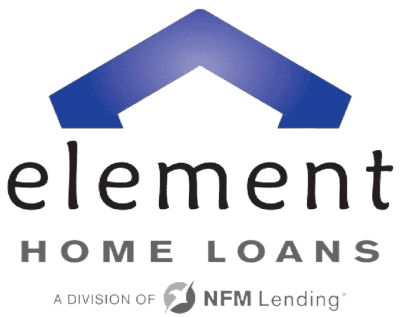Private Mortgage Insurance
Mortgage options refer to the various choices available to homebuyers when selecting a loan to finance their property purchase.
Private Mortgage Insurance
Private Mortgage Insurance (PMI) is a type of insurance that protects lenders in case a borrower defaults on their mortgage payments. It is typically required for borrowers who make a down payment of less than 20% on their home purchase. PMI allows borrowers to secure a mortgage even if they don't have a substantial down payment, but it does come with additional costs.
Meaning of Private Mortgage Insurance
Private Mortgage Insurance, commonly called PMI, is an insurance policy that safeguards lenders in the event of borrower default. It provides financial protection to the lender, allowing them to recover a portion of the outstanding mortgage balance if the borrower fails to make payments. PMI is typically required when the down payment is less than 20% of the home's purchase price.
Factors Affecting Private Mortgage Insurance
Several factors influence the cost of PMI and the duration for which it is required:
- Loan-to-Value Ratio (LTV): A higher LTV ratio, resulting from a smaller down payment, generally increases the PMI premium.
- Credit Score: Borrowers with a lower credit score may face higher PMI rates, as it is perceived as a higher risk for the lender.
- Loan Program: Different loan programs may have varying PMI requirements and rates. FHA loans, for example, have their mortgage insurance known as MIP (Mortgage Insurance Premium).
- Property Type: Certain property types, such as investment properties or condos, may have different PMI requirements.
- Loan Term: The length of the loan may affect the PMI duration and cost.
Pros of Private Mortgage Insurance
- Access to Homeownership: PMI allows borrowers to purchase a home with a down payment of less than 20%.
- Loan Approval: PMI can increase the likelihood of loan approval, even for borrowers with limited upfront funds.
- Flexible Payments: PMI payments are often included in the monthly mortgage payment, making it convenient for borrowers.
Let’s Chat
Start your journey today, feel free to reach out to us for personalized mortgage guidance and assistance.
Do you like to speak directly?
Call Us On: (281) 767-6700 or Email Us.
Contact Us
Element Home Loans
Many years of dedicated service have allowed us to play a crucial role in turning home aspirations into reality, always with a keen eye on keeping it within our customers' financial reach.
NMLS Consumer Access 
Contact Us
(281) 767-6700Send Me An Email
19308 Morton Road, Suite 110-B
Katy, TX 77449
Katy, TX 77449
NMLS #268110
Licensed In: TX
Licensed In: TX
Disclosure:
The content provided within this website is presented for information purposes only. This is not a commitment to lend or extend credit. Information and/or dates are subject to change without notice. All loans are subject to credit approval. Other restrictions may apply. Mortgage loans may be arranged through third party providers.
The content provided within this website is presented for information purposes only. This is not a commitment to lend or extend credit. Information and/or dates are subject to change without notice. All loans are subject to credit approval. Other restrictions may apply. Mortgage loans may be arranged through third party providers.
© 2026 Element Home Loans All rights reserved. Powered by Amplispot.
Our commitment is to provide unparalleled customer service and exceptional value.

Rick Carrier
Branch Manager | Loan Officer
Try our FREE Mortgage Offer Double Checker to ensure you're getting the best possible terms on your mortgage.
It takes just 60 seconds to get started!
Check My Mortgage OfferIt takes just 60 seconds to get started!
